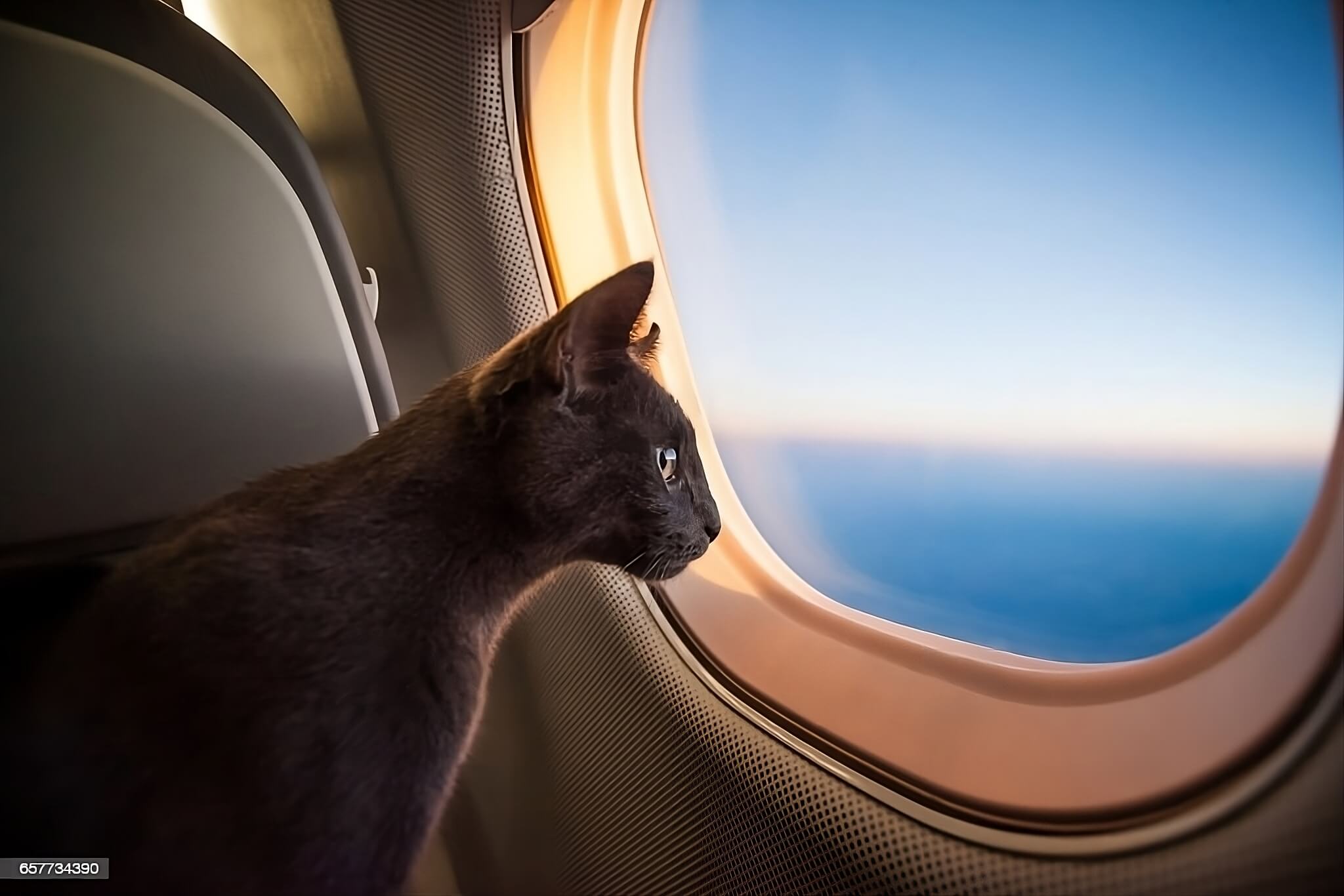Don't want to leave your pet alone at home and look for a pet-sitting service? You can take your pet with you on vacation, but you need to be aware of the rules for transporting animals by air.
Air Travel Rules for Pets
Your animal can fly next to you or in the cargo hold—these rules are determined by the airline.
The pet must be transported in a cage or carrier that complies with the regulations:
- Enclosed Cage for Birds. The bird compartment must be covered with an opaque material, but in such a way that the pet can breathe. This helps protect the pet from stress and fright.
- Pet Transport in the Cabin. Check with the airline for transportation conditions and the required cage size for your pet.
- Transport of Large Animals. If your pet weighs more than 8 kilograms, it will have to fly in the cargo hold in a more robust cage.
Guide dogs can fly under the owner's seat without a cage, but the following must be provided:
- A certificate of guide dog training;
- A muzzle;
- A leash.
A fee will be required for your pet—the amount is determined by the airline and depends on the weight and number of animals.
You will need to reserve a spot for your pet in advance and wait for confirmation.
How to Transport Your Pet to Bali?
According to the law from 1992, transporting animals is prohibited due to the rabies epidemic. However, there are legal ways to bring your pet across the border:
- Import Permit. Issued by the Ministry of Agriculture of Indonesia. This can only be done on-site, so you'll need to seek help from transportation companies;
- Arrival on Java Island. You need to prepare your animal's documents, veterinary passport, and get all vaccinations in advance;
- Quarantine. For safety, the government will place your pet in a short-term quarantine on Java.
Recommendations
- Install a microchip or tattoo.
- Vaccination. You need a note in the veterinary passport about rabies vaccination and other viral diseases, depending on the type of animal. Some countries require antibody titers, so be sure to consult with a veterinarian and the airline;
- Document preparation: veterinary passport, examination, and certificate from the veterinarian;
- Stress Reduction. Acclimate your pet to the new cage or carrier in advance, place favorite toys inside, and items that smell like home. Consult a veterinarian for a suitable sedative.
To find out all the rules for importing animals, contact the veterinary control of the country in advance. Here they will provide you with a list of requirements.
